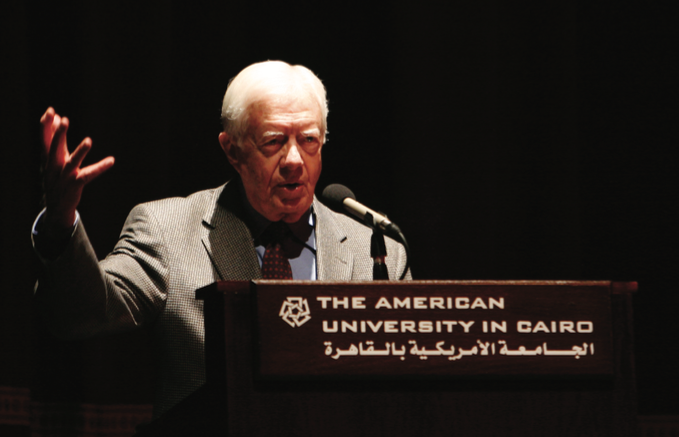Claude Salhani
Claude Salhani (1952-2022) was a Lebanese, French, and American photographer and journalist, best known for his work with UPI and Reuters. He later served as the head of UPI Photos and as Foreign Desk Editor. Salhani gained widespread recognition for his powerful photographic coverage of significant historical events, including the 1983 Beirut barracks bombings. His career spanned major global events such as Black September, the Lebanese Civil War, and the Gulf War, marking him as one of the leading journalists of his time in conflict reporting. In addition to his international work, Salhani was also a journalist at Executive Magazine in Lebanon, further solidifying his influence in the region's media landscape.

